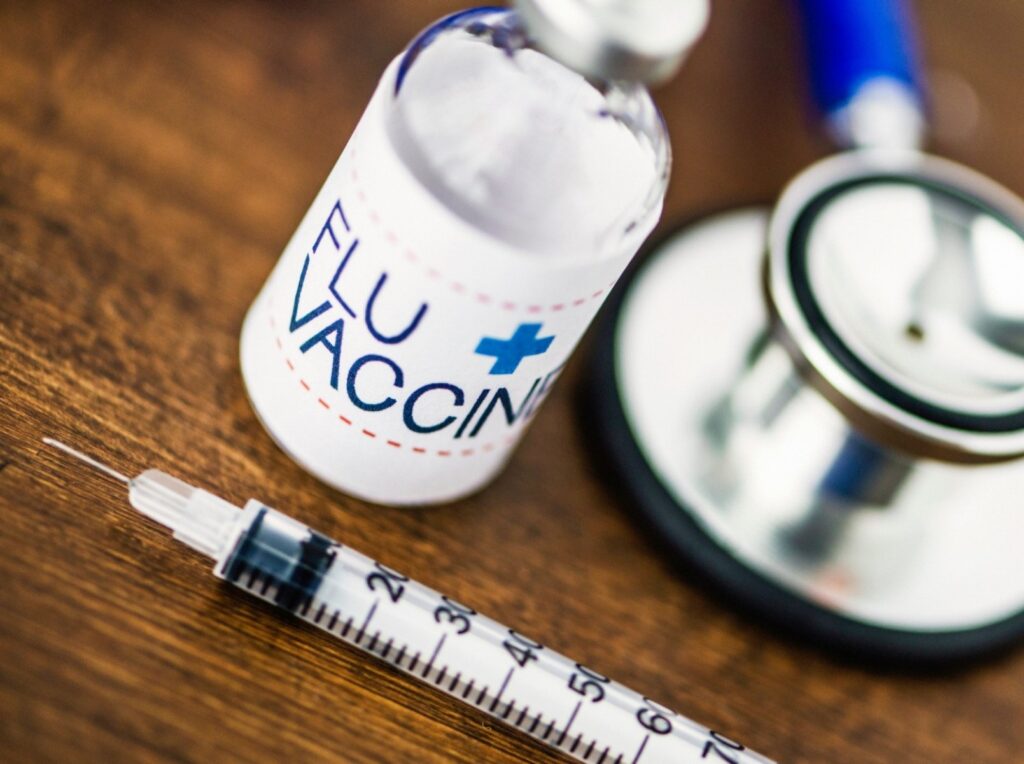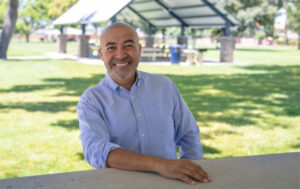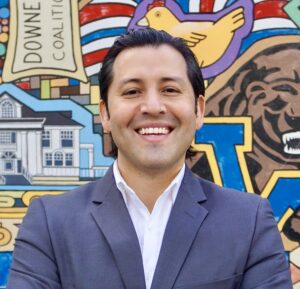
Staff
PASADENA, Calif. – Sept. 1– Catching the flu can have devastating effects on your health. But, if you’re a Latino, the impact of this virus can be even greater.
The Hispanic population is more vulnerable and at-risk for severe influenza complications and catching other diseases, according to the Centers for Disease Control and Prevention.
Studies show that there are significant health-related inequities in flu vaccination rates and flu-related complications, particularly in the Latino community. According to the CDC, Latinos experience disproportionately higher rates of chronic health conditions.
These chronic health conditions place many of them at a higher risk of severe flu complications. The most effective strategy for reducing the effect of the flu within the Latino community is to get vaccinated, and that is more important than ever this year because of the coronavirus pandemic.
“The influenza vaccine remains the most effective prevention against contracting the flu,” said
Dr. Daisy Dodd, an infectious disease specialist with Kaiser Permanente Southern California.
“I want the Latino community to know that catching the flu will compromise your immune system and potentially make you more vulnerable to contracting COVID-19 or other infectious diseases. That could result in dire consequences to your health.”
Hispanic or Latino individuals had the third highest flu-related hospitalization rates (44 per 100,000) during 10 flu seasons from 2009-2010 through 2018-2019, according to the CDC.
The CDC also reported that among adults (age 18 years and older), only about 38% of Hispanic or Latino individuals were vaccinated against the flu during the 2019-20 flu season, which was the lowest coverage rate among all ethnic groups in America.
“That’s why it is so important for Latinos to get the flu vaccine because of their increased health risk factors,” Dr. Dodd said.
“Getting vaccinated can reduce flu-related illnesses, doctor’s visits and missed school and workdays. Influenza vaccination in high-risk individuals has also been linked to favorable health outcomes, including fewer flu-related hospitalizations and death. High-risk individuals include children, the elderly, immuno-compromised individuals and those with severe chronic conditions.”
A common misconception is that a flu shot will give you the flu, but that’s simply not true, said
Dr. Dodd, adding side effects, when they do occur, are typically very mild.
However, by not getting vaccinated, you put yourself and your loved ones at a greater risk of getting the flu, which causes serious illness, hospitalizations and thousands of deaths each year.
This is especially true this year, because the flu will weaken your immune system, making you more vulnerable to catching other infectious diseases, such as COVID-19, said Dr. Dodd. Having the flu and COVID-19 at the same time could be devastating to your health.
When it comes to children, those under age 8 will need to receive two flu shots, with a booster vaccine given 28 days after the first inoculation.
Parents are strongly encouraged to vaccinate their children early this year, as many children have resumed in-class learning at their schools after more than a year of remote learning at home, exposing them more to the flu virus.
“A common misconception is that a flu shot will give you the flu,” Dr. Dodd noted.
“That’s simply not true. You cannot contract the flu from getting a flu shot. Side effects, when they do occur, are typically very mild. However, by not getting vaccinated, you put yourself and your loved ones at a greater risk of getting the flu, which causes serious illness, hospitalizations and thousands of deaths each year.”
Visit kp.org/flu or call the flu hotline number at 1-866-706-6358 for information on how to safely get your flu vaccine at one of the many KP facilities across Southern California.





